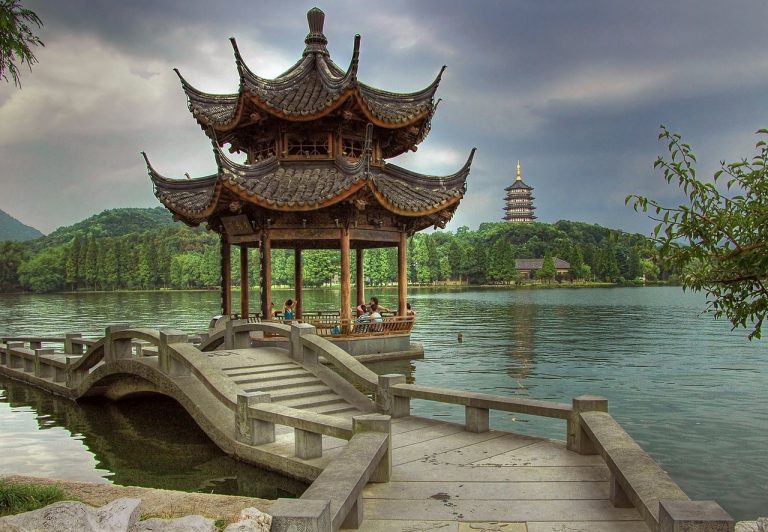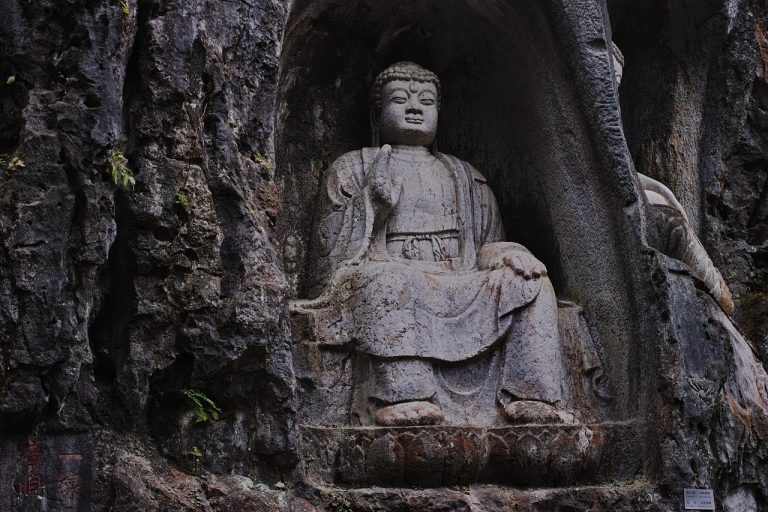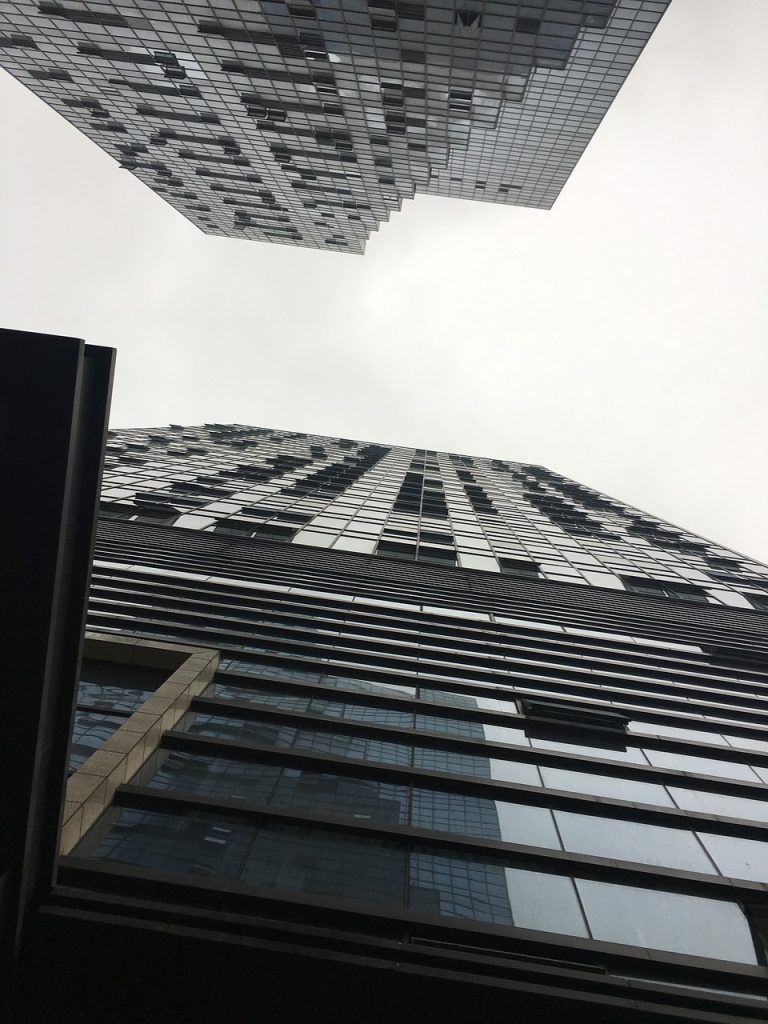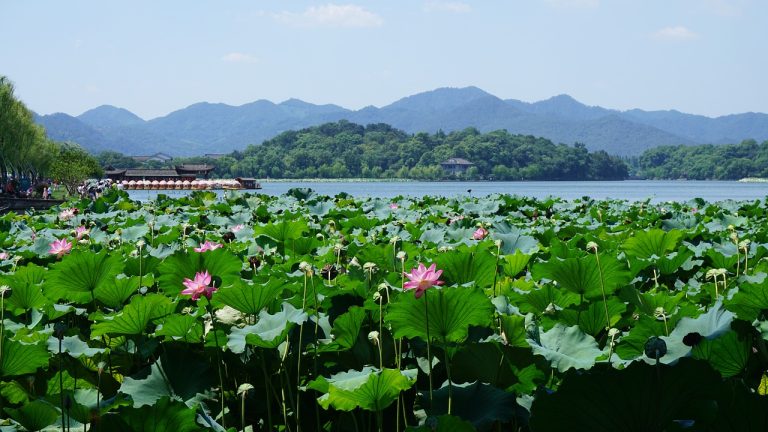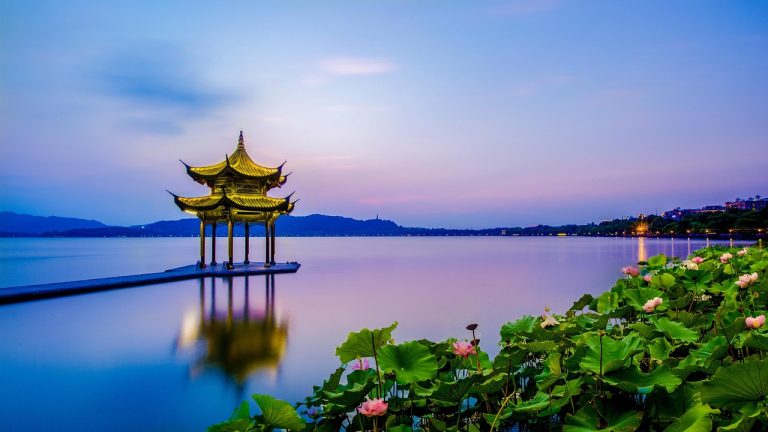Hangzhou China Video
Local Arts and Culture: Museums of Hangzhou China
Hangzhou, China, is not only known for its natural beauty but also for its rich history and vibrant arts and culture scene. The city is home to several fascinating museums that offer a glimpse into the region’s past, present, and future. From ancient artifacts to contemporary art exhibitions, there is something for everyone to explore and appreciate. In this article, we will take a closer look at the museums of Hangzhou, highlighting their unique features and the treasures they hold.
Museum of Traditional Chinese Medicine: This museum is dedicated to the history and practice of traditional Chinese medicine. It showcases various medicinal herbs, ancient prescriptions, and traditional medical instruments. Visitors can learn about the principles and techniques of Chinese medicine and gain insights into its role in Chinese culture and healthcare.
- Herb Garden: Explore the museum’s herb garden, where you can see a wide variety of medicinal plants and learn about their properties and uses.
- Prescription Exhibits: Discover ancient prescriptions and learn how they were formulated and administered to treat different ailments.
- Medical Instruments: Get a closer look at traditional medical instruments and understand how they were used in diagnosing and treating patients.
China National Silk Museum: As one of the largest silk museums in the world, the China National Silk Museum showcases the history, production, and cultural significance of silk in China. With extensive collections and interactive exhibits, visitors can immerse themselves in the fascinating world of silk.
- Silk Production Process: Learn about the entire process of silk production, from silkworm rearing to silk weaving.
- Historical Silk Artifacts: Admire ancient silk garments, tapestries, and artifacts that showcase the exquisite craftsmanship of Chinese silk artisans.
- Silk Road Exhibition: Explore the Silk Road exhibition, which highlights the historical significance of silk trade and cultural exchange along this ancient trade route.
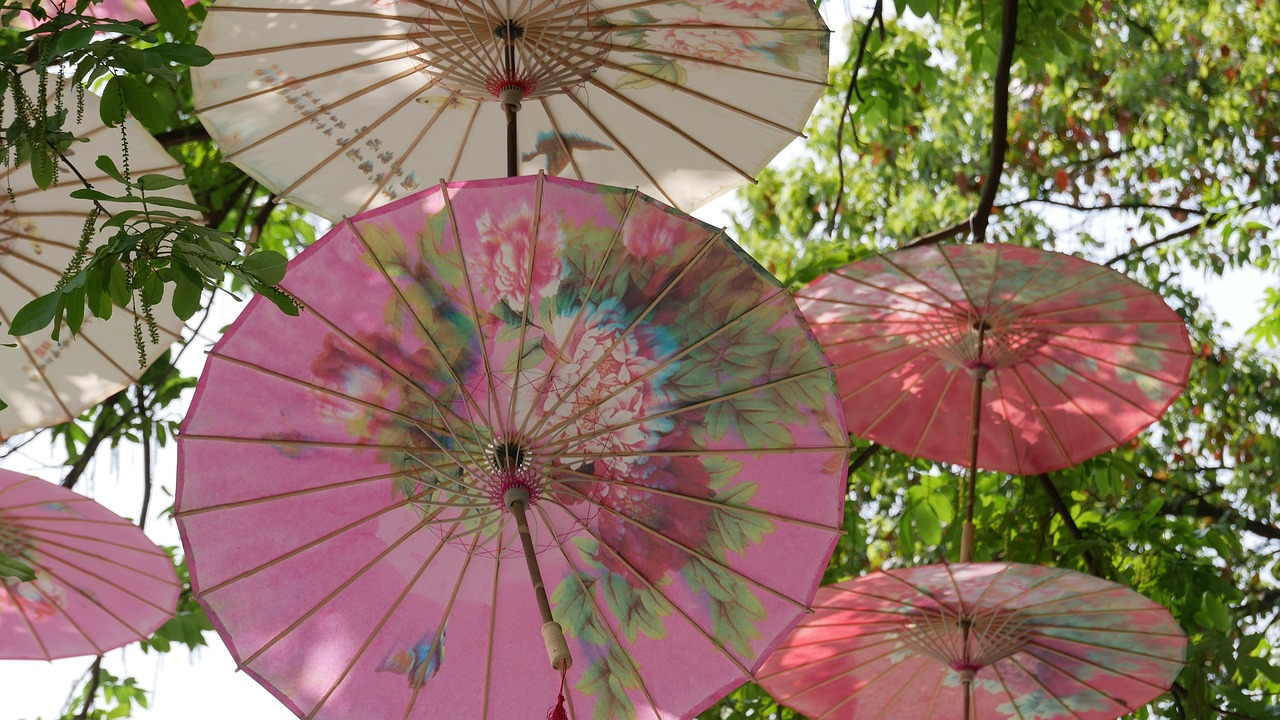
Museum of Traditional Chinese Architecture: This museum provides insights into the traditional architectural styles and techniques that have shaped Hangzhou’s urban landscape. It showcases miniature models, photographs, and interactive displays that demonstrate the evolution of Chinese architecture.
- Architectural Styles: Explore different architectural styles, such as the ancient wooden architecture of the Song Dynasty and the classical gardens of the Ming Dynasty.
- Model Exhibits: Admire intricate miniature models of famous architectural landmarks, including temples, pagodas, and traditional courtyard houses.
- Interactive Displays: Engage with interactive displays that allow you to design your own traditional Chinese building and learn about the construction techniques involved.
China National Tea Museum: Tea plays a significant role in Chinese culture, and the China National Tea Museum is dedicated to showcasing the tradition, history, and art of tea. It offers visitors a comprehensive understanding of tea cultivation, preparation, and appreciation.
- Tea Plantations: Explore the museum’s tea plantations and witness the different stages of tea cultivation, from picking the leaves to processing them.
- Tea Ceremony: Experience a traditional Chinese tea ceremony and learn about the art of tea preparation and serving.
- Tea Culture Exhibition: Immerse yourself in the rich tea culture of China through exhibits that showcase tea utensils, tea sets, and the historical significance of tea in various dynasties.

Hangzhou History Museum: Located within the West Lake Cultural Square, the Hangzhou History Museum offers a comprehensive overview of the city’s history, from its ancient origins to its modern development. Through a combination of artifacts, multimedia presentations, and interactive displays, visitors can journey through time and gain a deeper appreciation for Hangzhou’s past.
- Ancient Artifacts: Marvel at ancient artifacts, including pottery, bronze ware, calligraphy, and paintings, that provide insights into Hangzhou’s rich cultural heritage.
- Historical Timeline: Follow the historical timeline of Hangzhou, from its establishment as a capital city during the Song Dynasty to its transformation into a modern metropolis.
- Interactive Exhibits: Engage with interactive exhibits that allow you to experience daily life in ancient Hangzhou and learn about key historical events.

China National Tea Museum: Tea plays a significant role in Chinese culture, and the China National Tea Museum is dedicated to showcasing the tradition, history, and art of tea. It offers visitors a comprehensive understanding of tea cultivation, preparation, and appreciation.
- Tea Plantations: Explore the museum’s tea plantations and witness the different stages of tea cultivation, from picking the leaves to processing them.
- Tea Ceremony: Experience a traditional Chinese tea ceremony and learn about the art of tea preparation and serving.
- Tea Culture Exhibition: Immerse yourself in the rich tea culture of China through exhibits that showcase tea utensils, tea sets, and the historical significance of tea in various dynasties.
Hangzhou Museum: Located in the heart of the city, the Hangzhou Museum showcases the art and history of Hangzhou and its surrounding regions. It houses a vast collection of artifacts, ranging from ancient relics to contemporary artworks.
- Art Collections: Admire a diverse range of artworks, including paintings, sculptures, ceramics, and jade carvings, that highlight the artistic achievements of Hangzhou.
- Historical Artifacts: Explore ancient artifacts, such as bronze ware, calligraphy, and silk garments, that provide insights into Hangzhou’s historical development.
- Special Exhibitions: The museum regularly hosts special exhibitions that showcase contemporary art, photography, and cultural events, providing visitors with a glimpse into the vibrant arts scene of Hangzhou.
Zhejiang Museum: The Zhejiang Museum is one of the largest museums in China and houses an extensive collection of artifacts and artworks that represent the cultural heritage of Zhejiang Province. With over 100,000 exhibits, the museum offers a comprehensive exploration of the region’s history, art, and culture.
- Historical Artifacts: Discover ancient artifacts, including pottery, jade, and ancient coins, that reflect the rich history of Zhejiang Province.
- Art Galleries: Explore the museum’s art galleries, which feature a wide range of artworks, including traditional Chinese paintings, contemporary art, and sculptures.
- Cultural Exhibitions: Immerse yourself in cultural exhibitions that showcase traditional crafts, costumes, and folk customs of the region.

Hangzhou China National Tea Museum: Tea plays a significant role in Chinese culture, and the Hangzhou China National Tea Museum is dedicated to showcasing the tradition, history, and art of tea. It offers visitors a comprehensive understanding of tea cultivation, preparation, and appreciation.
- Tea Plantations: Explore the museum’s tea plantations and witness the different stages of tea cultivation, from picking the leaves to processing them.
- Tea Ceremony: Experience a traditional Chinese tea ceremony and learn about the art of tea preparation and serving.
- Tea Culture Exhibition: Immerse yourself in the rich tea culture of China through exhibits that showcase tea utensils, tea sets, and the historical significance of tea in various dynasties.
Conclusion: Hangzhou’s museums offer a captivating journey through the region’s history, art, and culture. Whether you are interested in traditional Chinese medicine, silk production, architecture, tea, or general history, there is a museum in Hangzhou that will cater to your interests. These museums provide a deeper understanding of Hangzhou’s cultural heritage and its contribution to China’s rich tapestry of arts and traditions.
References:
- chinahighlights.com
- travelchinaguide.com
- cultural-china.com
- hangzhou.com.cn


